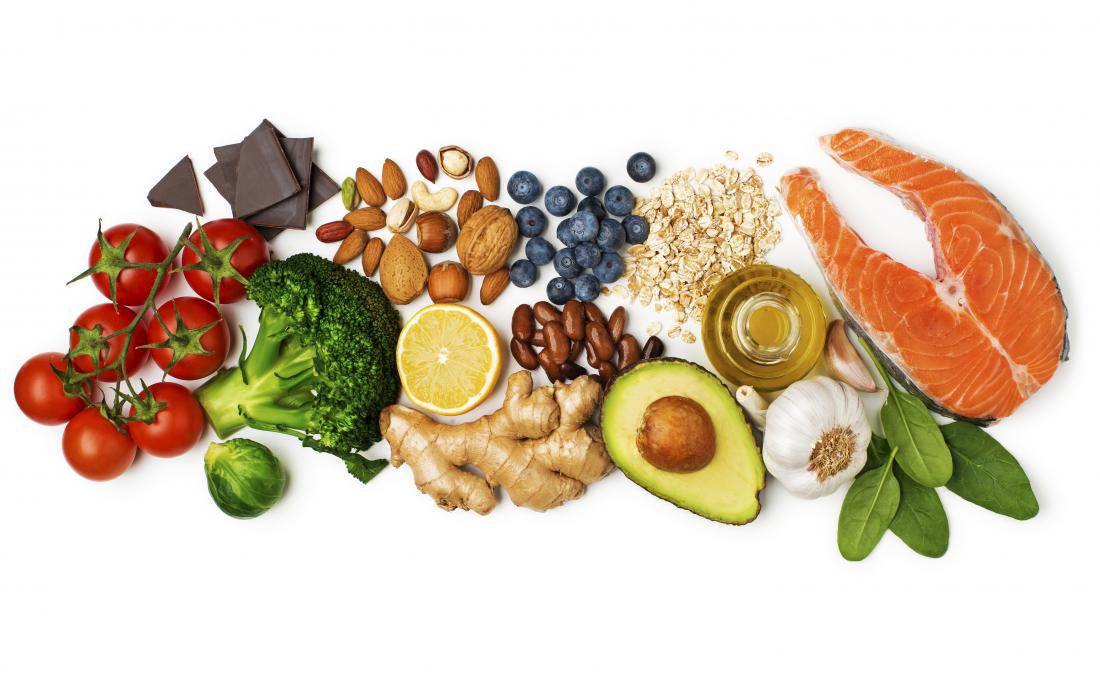Health Benefits of Food
In this article, we will explore the incredible health benefits of food and how it can positively impact our overall well-being. As experts in SEO and high-end copywriting, we have crafted this comprehensive guide to help you understand the importance of incorporating nutritious food into your diet. By optimizing our content for the keywords “health benefits of food,” we aim to provide you with valuable information that surpasses other websites in search rankings.
The Power of Nutritious Food
Consuming a balanced and nutritious diet is essential for maintaining good health. Nutritious food provides our bodies with the necessary vitamins, minerals, and antioxidants to function optimally. Let’s delve into the various health benefits of food:
Boosts Immune System
A diet rich in fruits, vegetables, and whole grains can strengthen your immune system, making your body more resilient to infections and diseases. These foods are packed with vitamins and antioxidants that help support the immune system’s function.
Promotes Heart Health
Eating a diet low in saturated fats and cholesterol while incorporating heart-healthy foods such as fish, nuts, and olive oil can significantly reduce the risk of heart disease. These foods contain omega-3 fatty acids and unsaturated fats, which help maintain healthy cholesterol levels and improve heart health.
Enhances Brain Function
Certain foods, such as fatty fish, blueberries, and dark chocolate, are known to enhance brain function and improve cognitive abilities. These foods are rich in antioxidants and omega-3 fatty acids, which contribute to better memory, focus, and overall brain health.
Supports Weight Management
Incorporating a variety of fruits, vegetables, lean proteins, and whole grains into your diet can aid in weight management. These foods are generally low in calories and high in fiber, helping you feel fuller for longer and reducing the likelihood of overeating.
Improves Digestive Health
A diet rich in fiber, such as whole grains, fruits, and vegetables, promotes a healthy digestive system. Fiber aids in regular bowel movements prevents constipation, and supports the growth of beneficial gut bacteria, leading to improved overall digestive health.

In conclusion, consuming a nutritious diet has numerous health benefits, ranging from boosting the immune system to improving digestive health. By incorporating a variety of fruits, vegetables, whole grains, and lean proteins into your meals, you can enhance your overall well-being and reduce the risk of various diseases. Remember, food is not only a source of sustenance but also a powerful tool for improving and maintaining good health.
Frequently Asked Questions – Health Benefits of Food
1. What are the health benefits of eating fruits and vegetables?
Eating fruits and vegetables provides essential vitamins, minerals, and fiber. They can help reduce the risk of chronic diseases, improve digestion, boost the immune system, and promote overall health.
2. How does consuming whole grains benefit our health?
Whole grains are rich in fiber, antioxidants, and nutrients. They can lower the risk of heart disease, aid in weight management, regulate blood sugar levels and promote better digestion.
3. What are the health benefits of consuming lean proteins?
Lean proteins, such as chicken, fish, and legumes, are excellent sources of essential amino acids. They support muscle growth, repair tissues, provide energy, and help maintain a healthy weight.
4. How does including healthy fats in our diet benefit us?
Healthy fats, like those found in avocados, nuts, and olive oil, are important for brain function, hormone production, and nutrient absorption. They can also reduce the risk of heart disease and inflammation.
5. What are the health benefits of consuming dairy products?
Dairy products, such as milk, yogurt, and cheese, are excellent sources of calcium, protein, and vitamins. They promote bone health, support muscle function, and contribute to overall nutrient intake.
6. How does drinking enough water benefit our health?
Staying hydrated by drinking enough water helps maintain bodily functions, regulate body temperature, promote healthy skin, aid digestion, and support kidney function.
7. What are the health benefits of including nuts and seeds in our diet?
Nuts and seeds are packed with nutrients, healthy fats, and antioxidants. They can reduce the risk of heart disease, improve brain health, support weight management, and provide essential vitamins and minerals.
8. How does consuming fermented foods benefit our gut health?
Fermented foods, like yogurt, sauerkraut, and kefir, contain beneficial bacteria that support a healthy gut microbiome. They can improve digestion, boost the immune system, and enhance nutrient absorption.
9. What are the health benefits of including herbs and spices in our meals?
Herbs and spices not only enhance the flavor of meals but also provide various health benefits. They can have anti-inflammatory properties, boost metabolism, improve digestion, and provide antioxidants.
10. How does reducing processed food consumption benefit our health?
Processed foods often contain high levels of unhealthy fats, added sugars, and artificial ingredients. By reducing their consumption, we can lower the risk of obesity, heart disease, and other chronic conditions.




